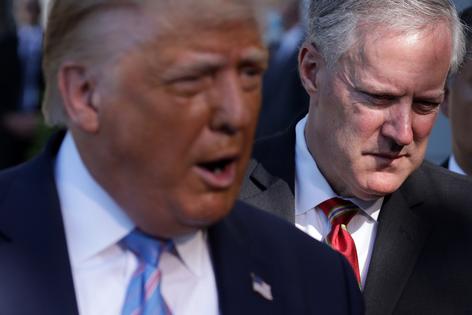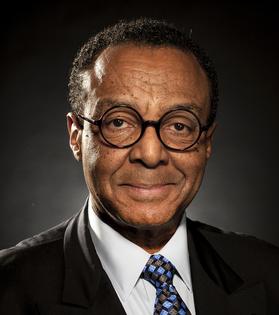What Would George Washington Say About Jan. 6? He Tried to Warn Us
As America’s birthday approached during the House select committee’s investigation of the Jan. 6 attack last year on the Capitol, I was reminded of George Washington’s warning about political parties — and why he thought they were a terrible idea.
Political parties had begun to emerge in the former colonies. But Washington feared that when Americans voted according to party loyalty, rather than common interests, it would foster a “spirit of revenge,” and enable the rise of “cunning, ambitious and unprincipled men” who would “usurp for themselves the reins of government; destroying afterwards the very engines, which have lifted them to unjust dominion.”
With that, Washington became not only the nation’s first president but also the first to leave in a peaceful transfer of power, a tradition that Americans have proudly upheld ever since — until the mob violence by unhappy Trump supporters on Jan. 6 last year.
The bipartisan committee’s new revelations defy attempts by Donald Trump’s cheerleaders to laugh off the Jan. 6 uprising as some sort of “legitimate political discourse,” as the Republican National Committee described it in February.
Instead, the hearings have offered disturbing evidence that the insurrection was part of a much larger plot by Trump and his cronies to overturn the election by any means possible.
The apparent plot included violence, fake electors, discussions about declaring martial law, the seizing of voting machines, groundless lawsuits, intimidation of state officials and local election workers and a possible overthrow of the Justice Department that would have made Richard Nixon’s “Saturday night massacre” look like amateur night.
Trump openly displayed his breathtaking sense of entitlement as far back as his 2016 race against Democrat Hillary Clinton when he would not say in an October debate whether he’d accept the results of the election, unless he won.
“I will look at it at the time,” Trump said. “I will keep you in suspense.” Even on the morning of the election, Trump wouldn’t commit to conceding, saying, “I want to see what happens, you know, how it goes.” Clinton called the answer “horrifying.” She wasn’t alone.
For a brief, shining moment on Jan. 6, the Grand Old Party’s leaders, including Rep. Kevin McCarthy and Sen. Mitch McConnell denounced the violence and privately discussed removing Trump from office, according to reports. But that good-government fervor cooled quickly as the party closed ranks, assuring Trump’s continued status as the party’s de facto leader.
The House select committee has only two Republicans, Rep. Liz Cheney of Wyoming and Adam Kinzinger of Illinois, both of whom have been censured by the GOP for their participation.
...continued
(c) 2022 CLARENCE PAGE DISTRIBUTED BY TRIBUNE MEDIA SERVICES, INC.










